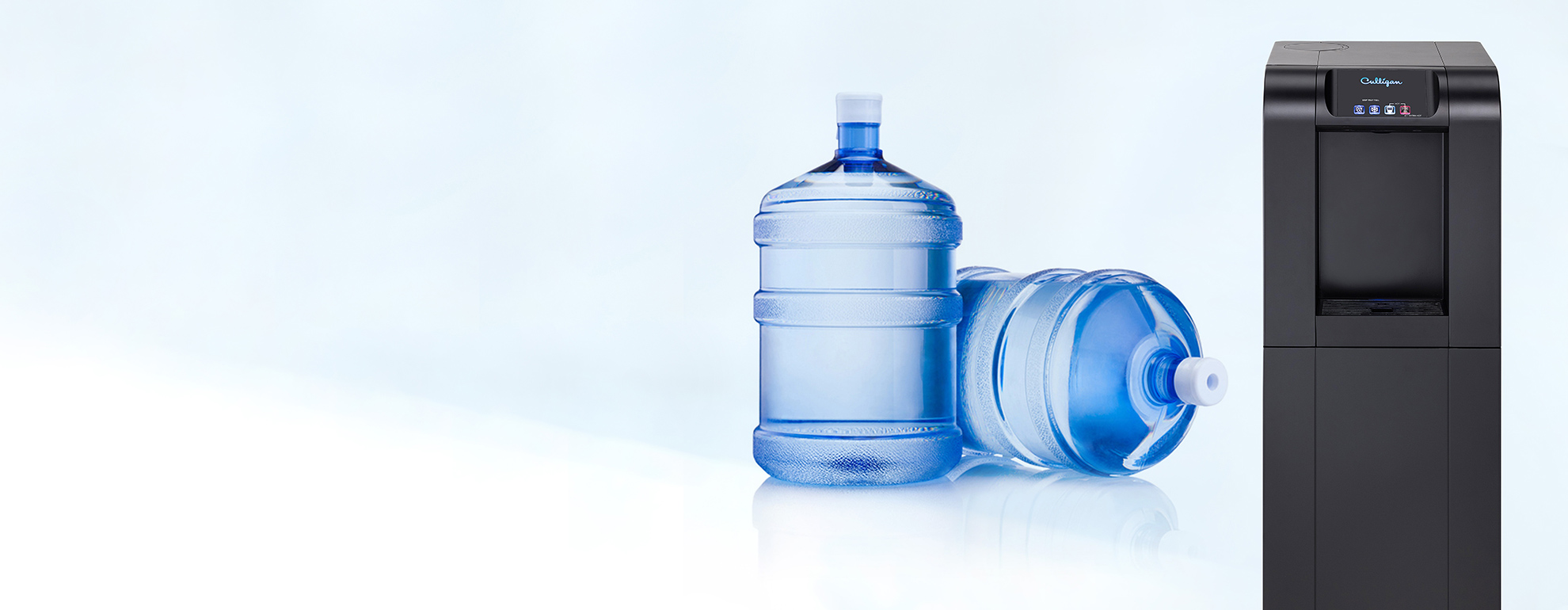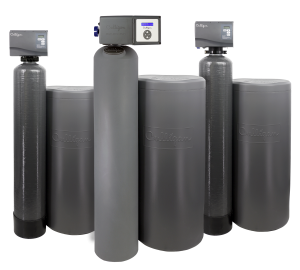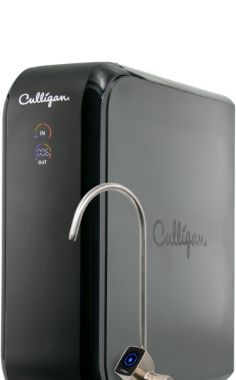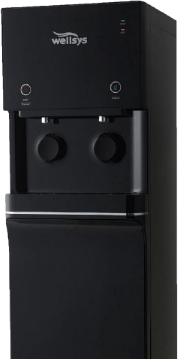Deals
Don’t Miss Out
What’s In Your Water?
Get a FREE Water Test!
- No mailing — fast results!
- Test any tap in your home
- NEW flexible sample pickup options

Frequently Asked Questions for Water in El Cajon, CA
Is El Cajon tap water safe to drink?
Yes, El Cajon’s tap water meets state and federal safety standards. However, the Environmental Working Group (EWG) detected 3 contaminants where levels exceeded their health-based guidelines. These include haloacetic acids (HAA5), haloacetic acids (HAA9), and total trihalomethanes (TTHMs). These contaminants are by-products of drinking water disinfection and can be reduced with proper water filtration systems.
Is El Cajon’s water hard?
Yes, El Cajon’s water is classified as hard, with average hardness levels around 166 PPM (9.7 grains per gallon). Hard water can lead to scale buildup on plumbing fixtures, reduce appliance efficiency, and cause dry skin or dull hair.
Does El Cajon’s water contain PFAS (“Forever Chemicals”)?
Current data does not show detectable PFAS (Per- and Polyfluoroalkyl Substances) compounds like PFOA or PFOS above California’s notification levels. However, ongoing monitoring is recommended. Reverse osmosis or advanced carbon filtration systems can help reduce potential PFAS contamination.
Does El Cajon add fluoride to its water?
Yes, fluoride is added to El Cajon’s water. The 2024 water quality report shows fluoride levels ranging between 0.6 and 0.9 ppm, which aligns with both state and federal standards to help prevent tooth decay.
What other contaminants are in El Cajon’s water?
According to the 2024 water quality report, El Cajon’s water contains trace levels of:
- Arsenic (up to 4.9 µg/L)
- Barium (up to 0.12 mg/L)
- Uranium (up to 3.0 pCi/L)
- Aluminum (up to 0.23 mg/L)
- Nitrates (up to 0.8 mg/L)
- TTHMs (up to 36.5 µg/L)
- Haloacetic Acids (up to 29.4 µg/L)
- Bromochloromethane (up to 0.078 µg/L)
- Total Dissolved Solids (up to 614 mg/L)
Where does El Cajon get its water?
El Cajon’s water comes from a combination of imported water from Northern California via the State Water Project, the Colorado River via the Colorado River Aqueduct, and local water runoff collected in Lake Cuyamaca, El Capitan Reservoir, and Lake Jennings.
What is the pH level of El Cajon’s water?
The pH of El Cajon’s water ranges from 7.7 to 8.6, which is considered neutral to slightly alkaline.
Should I use a water filter or softener in El Cajon?
Yes, due to hard water and contaminants like TTHMs and haloacetic acids, many homeowners benefit from whole-house filters, reverse osmosis systems, and water softeners to protect appliances and improve water quality.
Does El Cajon’s water have high total dissolved solids (TDS)?
Yes, TDS levels in El Cajon range between 149 and 614 ppm, which is above California’s recommended aesthetic standard of 500 ppm for taste and clarity. Reverse osmosis systems are recommended to reduce TDS for better-tasting water.
Where can I get a local water quality report?
You can access El Cajon’s most recent Water Quality Report here.
The Proof
Why Do El Cajon
Homeowners LOVE Us?
We recently upgraded to a Culligan water softener and reverse osmosis system, and the difference has been amazing. Our dishes are spotless, my skin feels softer, and our drinking water tastes like bottled water — without the plastic waste. The technicians were punctual, polite, and walked us through every detail.
Our old water was leaving spots on everything, and now it’s crystal clear. The team explained how to maintain the system, and their professionalism really impressed me. Every time I’ve called with questions, they’ve been quick to respond and incredibly helpful. I recommend Culligan to anyone tired of dealing with hard water issues.
“From the first phone call to installation, Culligan exceeded my expectations. They made the process simple and stress-free, and I noticed a huge difference in our water quality within days. Their follow-up service is also excellent — they check in to make sure everything is working perfectly. Highly recommend!”







Facebook